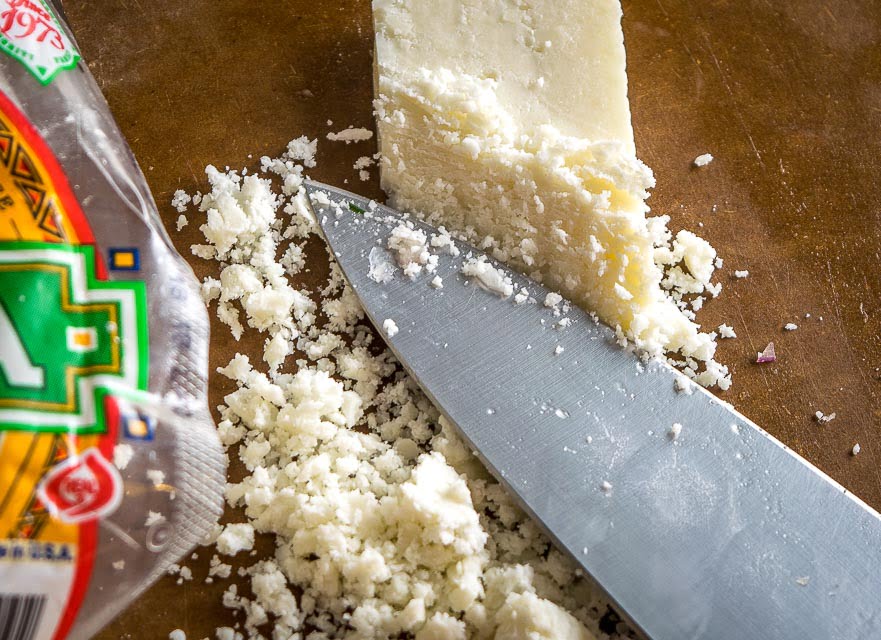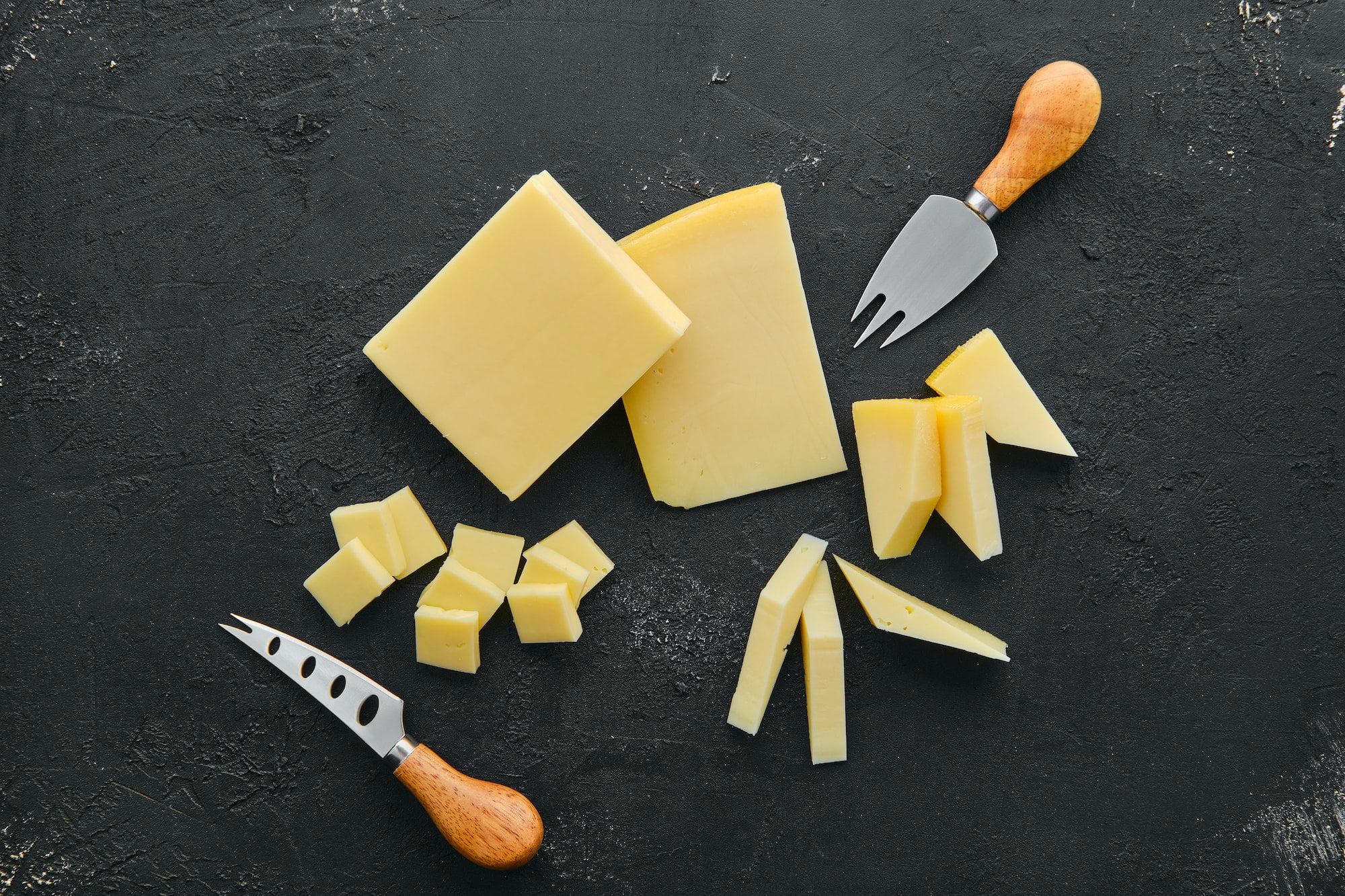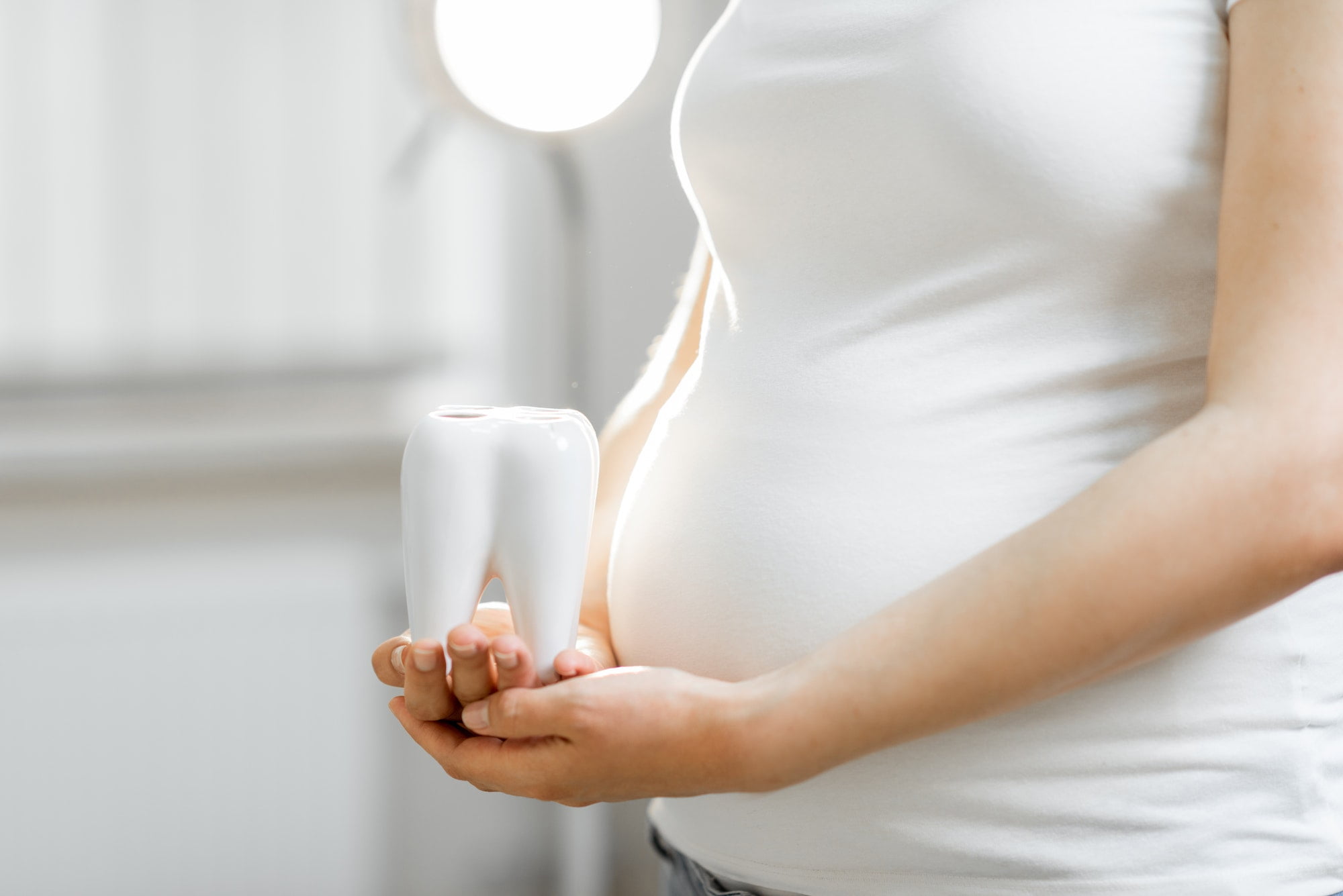Table of Contents
ToggleHey there, future parents! Ever found yourself craving that tangy Cotija cheese but paused, wondering, ‘Can pregnant women eat Cotija cheese safely?’ You’re not alone in this culinary conundrum. Dive in as we unravel this cheesy mystery, ensuring you make the best choices for your little one. Ready to uncover the truth? Let’s cheese the day!
The Allure of Cotija Cheese
Ah, Cotija cheese! Named after the town of Cotija in Michoacán, this crumbly delight has taken many a taste bud on a flavorful journey. Often dubbed the “Parmesan of Mexico,” its salty and robust flavor adds a kick to any dish it graces. From sprinkling over tacos to jazzing up a corn-on-the-cob, Cotija has become a household name in many kitchens.
Its unique taste profile, combined with its versatility, has made it a go-to for those looking to elevate their culinary game. But as its popularity soars, so do the questions surrounding its consumption, especially for expectant moms. As we dive deeper, we’ll uncover whether this beloved cheese is just a tasty treat or if there’s more to the story for those awaiting a bundle of joy. Ready to dig in?
The Big Question: Can Pregnant Women Eat Cotija Cheese?
When that baby bump starts to show, so does a laundry list of do’s and don’ts. And let’s be real, navigating the maze of pregnancy dietary guidelines can feel like a full-time gig. Cheese, a staple in many diets, suddenly becomes a topic of hot debate. Why the fuss, you ask? Enter listeriosis.
Listeriosis, caused by the bacteria Listeria monocytogenes, is a sneaky illness that pregnant women are more susceptible to. While it might just cause flu-like symptoms in mom, it can lead to severe complications for the little one, including premature birth. Certain cheeses, especially those made from unpasteurized milk, can be potential carriers of this bacteria.

Can Pregnant Women Eat Cotija Cheese? poses a cheesy question that many expectant mothers ponder. Where does our beloved Cotija fit in this narrative? Is it a go-ahead or a red flag for those expecting? Before we melt under this cheesy conundrum, let’s slice deeper into the cheese realm and reveal the concealed facts. Because, indeed, knowledge is the ultimate power, especially when dining for two. Ready to embark on this flavorful journey?
Listeriosis: The Hidden Danger in Some Cheeses
Alright, let’s get down to the nitty-gritty. Listeriosis isn’t just a fancy term thrown around; it’s a real concern, especially for our expecting mamas. Caused by the bacteria Listeria monocytogenes, this infection can seem like a mild flu at first glance. We’re talking fever, muscle aches, and sometimes nausea or diarrhea. But here’s the kicker: for pregnant women, the stakes are way higher. The infection can travel to the baby, leading to severe complications, or even, heaven forbid, a miscarriage.
Now, you might wonder, “How does cheese fit into all this?” Some cheeses, particularly those crafted from unpasteurized milk, can harbor this sneaky bacteria. And while anyone can get hit with listeriosis, pregnant women are about ten times more likely to catch this unwanted guest.
So, with all this cheese talk, how does one navigate the dairy aisle without breaking a sweat? Fear not! We’re about to dish out the 411 on which cheeses get the green light during those precious nine months. Ready to become a cheese whiz? Let’s roll!
Identifying Safe Cheeses for Expecting Moms
Navigating the cheese world during pregnancy can feel like walking a tightrope. One misstep, and you’re tumbling into a world of worries. But, hey, we’ve got your back! Let’s break down the cheese code and spot those safe choices for you and your bun in the oven.
First off, the golden rule: Pasteurization. This process heats milk to kill harmful bacteria, making it the MVP for cheese safety. If the label shouts “pasteurized,” you’re in the clear.
Next, the texture talk. Hard cheeses, think cheddar or Parmesan, are generally safer bets. Their low moisture content makes it tough for bacteria to thrive. Soft cheeses, on the other hand, can be trickier. But don’t fret! Many soft cheeses like mozzarella and cream cheese are typically made from pasteurized milk.
Lastly, blue-veined and mold-ripened cheeses might be a no-go unless they’re cooked. Cooking kills the bacteria, so that baked brie is still on the menu!
Now, with this cheese checklist in hand, you’re all set to make informed choices. But where does Cotija, our cheesy star, stand in all this? Let’s dive in and find out, shall we?
The Verdict on Cotija Cheese
Alright, let’s cut to the chase. Cotija, with its tangy kick and crumbly texture, has been the talk of our cheese chat. But is it a friend or foe for our expecting moms?
Cotija cheese, traditionally, hails from Mexico and is often made from cow’s milk. Now, here’s the catch: while many modern versions of Cotija found in stores are made from pasteurized milk, some traditional methods might still use unpasteurized milk. And as we’ve learned, unpasteurized means a potential playground for bacteria like Listeria.

So, what’s an expecting mom to do? The key is to always check the label. If it’s pasteurized, you’re golden. If not, or if the label’s a bit sketchy, it might be best to pass or ensure it’s cooked thoroughly before indulging.
With this knowledge in tow, you’re one step closer to navigating the cheese maze with confidence. But wait, there’s more! How about some pro tips to enjoy Cotija without a worry in the world? Dive in with us!
Tips for Consuming Cotija Cheese During Pregnancy
Craving that Cotija kick but playing it safe for the baby? We’ve got you. Here’s the lowdown on munching this cheesy delight without a hitch:
Check the Label: Always opt for Cotija cheese labeled ‘pasteurized’. It’s your golden ticket to a worry-free cheese experience.
Cook it Up: If you’re unsure about the cheese’s origins, heat it up! Cooking kills potential bacteria, making it safer for you and the little one.
Trustworthy Brands: Stick to reputable brands. They often adhere to safety standards, ensuring you get the good stuff without the risks.
Armed with these insights, you’re primed to relish Cotija without a second thought. But wait, the conversation around “Can Pregnant Women Eat Cotija Cheese?” isn’t over. Got more cheese curiosities during pregnancy? We’re here to address them. Up next, we’re tackling the most frequently asked questions about expecting mothers and their cheese cravings!
Common Questions About Pregnancy and Cheese
Navigating the world of pregnancy do’s and don’ts can be a wild ride, especially when cheese cravings hit. Let’s tackle some burning questions about Cotija cheese and pregnancy:
Is cotija cheese pregnancy safe?
It can be! The key is to ensure it’s made from pasteurized milk. If it’s pasteurized, you’re good to go. If not, it’s best to heat it up before indulging.
What should I know about cotija cheese in pregnancy?
Cotija cheese, like other cheeses, can be a source of Listeria if made from unpasteurized milk. Always check the label and opt for reputable brands.
Are there risks with cotija cheese while pregnant?
The main risk is the potential presence of Listeria in unpasteurized versions. This bacteria can lead to listeriosis, which can be harmful to both mom and baby.
Can you have cotija cheese when pregnant?
Absolutely, as long as it’s pasteurized or cooked thoroughly. When in doubt, it’s always a good idea to consult with your healthcare provider.
Armed with this knowledge, you’re one step closer to enjoying your favorite dishes without the added stress. But as we wrap up our cheesy chat, let’s dive into the final takeaways to ensure you’re making the best choices for your baby’s safety. Ready to wrap this up? Let’s roll!
Conclusion: Making Informed Choices for Your Baby’s Safety
Pregnancy is a beautiful journey, filled with its fair share of joys and jitters. Every choice you make impacts not just you, but the little life growing inside. When it comes to indulging in your favorite treats, like Cotija cheese, being informed is your superpower. Knowledge arms you with the confidence to enjoy life’s pleasures while ensuring your baby’s safety.
Remember, it’s not about missing out; it’s about making the best choices with the right information. And hey, if you’re curious about other foods during pregnancy, we’ve got a treasure trove of insights waiting for you in our next piece. Stay curious, stay informed, and most importantly, stay cheesy!
Related Article:









